Special Issue: Interventions and Intersections Postgraduate Conference 2019
Editorial
Hart Cohen
Western Sydney University
Welcome to the 2020 edition of GMJ/AU in an issue dedicated to the work of our postgraduate students ably guest-edited by Myra Gurney and Roger Dawkins. This follows a tradition of GMJ/AU’s commitment to the provision of publishing opportunities for postgraduate students who have presently previously to the annual postgraduate HDR conference in 2019: Interventions and Intersections: Making Research Count. This is a compelling group of papers that span a range of topics that characterise academic research in the School of Humanities and Communication Arts.
We include an additional article by John Budarick from the University of Adelaide and thank him for submitting his research on ethnic media and migrant settlement to our journal.
My thanks go out to Myra and Roger for their stellar leadership in editing this issue, to webmaster Roman Goik and to all others who have contributed to the success of this issue in the rather uncertain atmosphere of our lives and livelihoods during the pandemic of 2020.
Guest Editorial
Roger Dawkins
Western Sydney University
Myra Gurney
Western Sydney University
We are pleased to offer this issue of Global Media Journal – Australian Edition which includes contributions from Western Sydney University’s School of Humanities and Communication Arts (SHCA) postgraduate student cohort. These articles were first presented as conference papers at the School’s 2019 postgraduate student conference: Interventions and Intersections: Making Research Count. This is an annual conference, and in 2019 it celebrated its eleventh birthday. The aim of the Interventions and Intersections conference is to bring together postgraduate students and staff from across humanities and communication arts to strengthen the research community through interdisciplinary collaboration. The quality and range of research is evidenced by the papers that we are publishing here, and continues the long tradition of research excellence in our School.
The conference theme, ‘Making Academic Research Count’, addresses ongoing discussion in higher education about ‘impact’ and ‘engagement’. In 2018, the first ever Engagement and Impact Assessment was conducted by the Australian Research Council to assess how well universities are translating research outcomes into research impact. The conference theme was chosen to spark discussion around the unique impact that arts and humanities research has on culture, society, community, institutions, education, employment and ourselves. This issue of GMJ/AU includes five of the best papers presented at the 2019 event and as in previous postgraduate editions, showcases a range of research interests and methods.
The main postgraduate part of the edition leads off with a fascinating exploration by Susi Herti Afriani who explores cultural-linguistic practices in the Indonesian South Sumatra Palembang language. In particular, the paper argues for the importance of considering cultural context with respect to the place of humour in this indigenous language and how this builds community in South Sumatra.
DCA candidate Alix Beattie explores how street art can be used to ‘activate’ urban environments through a case study focusing on the impact of street art in the small, conservative, US town of Laramie, Wyoming. Her exploration of this ‘alternative’ artform illustrates not only the value of a wider understanding of what is considered ‘legitimate’, but the manner in which street art has worked to engage audiences who previously may have been disengaged from both artistic expression and the value of their wider urban environment. In the current highly partisan and fractured state of US politics, this is an important perspective.
Political engagement is an essential part of democracy, but unlike Australia, most democratic nations don’t have compulsory voting. Getting people ‘out to vote’ can be mobilised in many non-traditional ways and Nisaul Fadillah explores how female electoral brokers in Indonesia mobilise female voters through Majelis Taklim(MT), Islamic prayer groups. It reports on the way in which female electoral brokers interact with politicians and appeal to MT members by using religious identities, rituals and their positional power to garner political support.
Like street art, popular music engages, reflects and influences major cultural, social and political changes. Female musicians, critics, fans, and others have traditionally been subject to sexism within musical texts and within the music industry more broadly. Katharine Pollock’s study examines the ways in which women in music culture have changed, and continue to change, the landscape of misogyny. Pollock explores the way in which a range of popular artists have appropriated male performative techniques and how this illustrates ongoing tensions within feminism: in the ongoing #MeToo movement, this is a timely contribution.
From art to music to literature, Jane Scerri’s paper discusses the often vilified, yet increasing prevalence of single mothers and their representation in contemporary Australian literature. Via a close study of works by beloved Australian writers Helen Garner, Catherine Edmonds and Amanda Lohrey, and drawing on seminal feminist philosophers such as Simone de Beauvoir and Luce Irigaray as well as Australian feminist historians and literary critics, Scerri explores the manner in which women’s sexuality and agency has historically been defined within restrictive patriarchal norms. The travails of the literary characters in these novels highlight both the chains of patriarchy and the way in which single motherhood may offer an escape and re-imagination from these repressive values.
Our last paper by John Budarick was not part of the postgraduate conference but is a peer-reviewed study of the role of ethnic media. Drawing on seven interviews from a pilot study conducted in South Australia, this paper investigates the role of ethnic media in providing targeted communication and detailed settlement information to its audiences and demonstrates the importance of such media in fostering a relationship between settlement service provision and migrant communities.
Finally, it is worth noting that while this was not intentional, all of the postgraduate papers and book reviews have been penned by women. Not only are all the themes explored highly prescient, but this publication comes at a time when the US is about to possibly elect its first female vice president in Senator Kamala Harris. The longevity of the campaign for equality has also been highlighted further by the recent deaths of three trailblazing feminists in September 2020: Ruth Bader Ginsburg, former Associate Justice of the US Supreme Court; Susan Ryan, the Australian Labor Party politician instrumental in the creation of the landmark Sex Discrimination Act; and Australian singer Helen Reddy, best known for her feminist anthem I am Woman. October 2020 also marked the 50th anniversary of Germaine Greer’s seminal feminist work, The Female Eunuch, the themes of which continue to reverberate.
Thanks to the editorial panel of GMJ/AU including our fearless leader, Professor Hart Cohen and indomitable webmaster Roman Goik as well as Professor Peter Hutchings and Associate Professor Matt McGuire, the Dean and Deputy Dean of the School of Humanities and Communication Arts who continue to support both the annual postgraduate conference and this journal. We have enjoyed working with the postgraduate students for this edition, and the quality of their work is testament to both their dedication as well as the strength and intellectual depth of research within our School.
Roger Dawkins and Myra Gurney
Guest Editors
About the Guest Editors
Dr Roger Dawkins is a Lecturer in the School of Humanities and Communication Arts (SHCA) and teaches into the Bachelor of Communication and Bachelor of Creative Industries. He coordinates units about podcasting, media law and ethics, Big Data, media theory and digital marketing. His research interests include the impact of technology on communication and learning. Other research interests include semiotics and the philosophy of Gilles Deleuze.
Email: r.dawkins@westernsydney.edu.au
Dr Myra Gurney is a foundation member of the GMJ/AU editorial committee and also a Lecturer in SHCA. She teaches units in professional writing, communication theory and communication research methods in the Bachelor of Communication. She maintains a keen interest in environmental communication, and in politics more broadly, in particular the role of language in these areas of professional communication. She is co-author (with editorial colleagues Professor Hart Cohen and Dr Antonio Castillo) of a soon-to-be-published chapter in Global Media Perceptions of the United States: The Trump Effect (Kamilipour, 2020) which explores Australian media coverage of Donald Trump.
Refereed Articles
Postgraduate Submissions
-
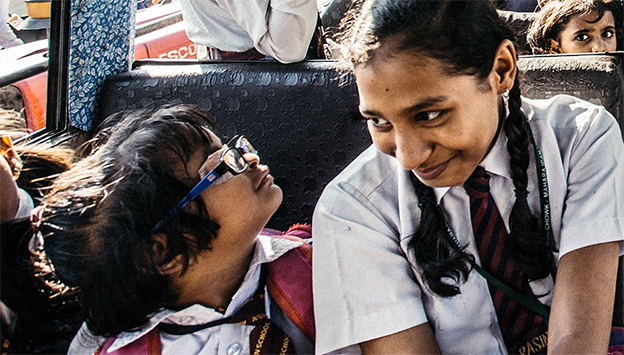
Illuminating distinctive cultural-linguistic practices in Palembangnese humour and directives in Indonesia
Susi Herti Afriani
Read Abstract Read Article
Western Sydney University
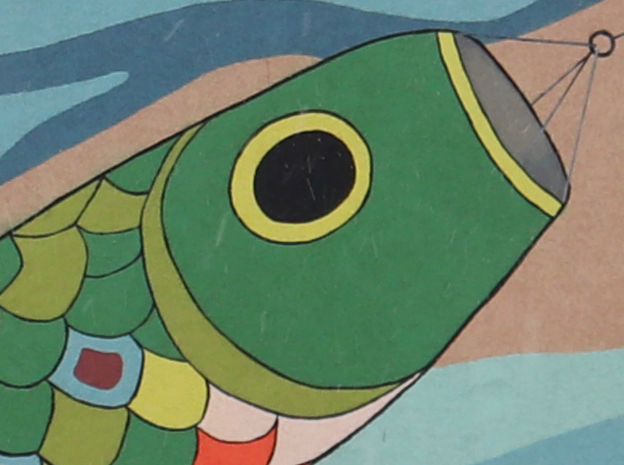
Activating the urban environment: A case for street art
Alix Beattie
Read Abstract Read Article
Western Sydney University
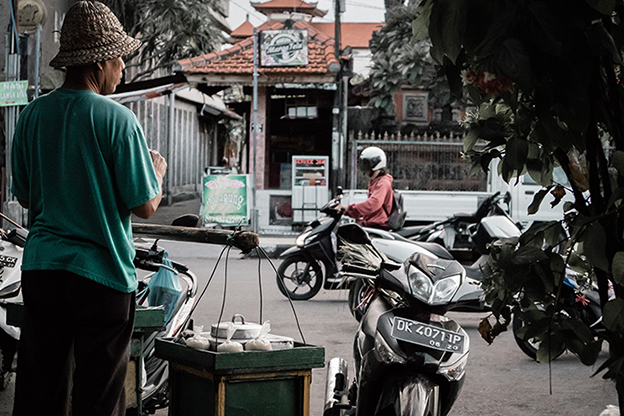
Female brokers: Mobilising voters within Indonesia’s Majelis Taklim Network
Nisaul Fadillah
Read Abstract Read Article
Western Sydney University

Women in music: Utilising an inherently bi-directional subject position to provocatively, performatively, and iteratively reshape the landscape
Katharine Pollock
Read Abstract Read Article
Writing and Society Research Group, Western Sydney University

The power and the passion: Representations of single motherhood in contemporary Australian literature
Jane Scerri
Read Abstract Read Article
Writing and Society Research Group, Western Sydney University
Book Reviews
-

Constructive News: How to save the media and democracy with journalism of tomorrow
Asha Chand
Read Review
Western Sydney University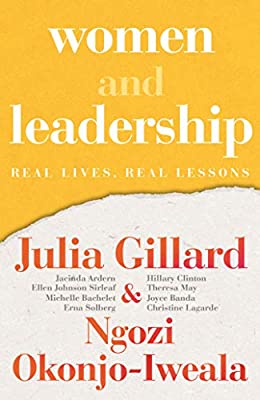
Women and leadership: Real lives, real lessons
Katie Sutherland
Read Review
Western Sydney University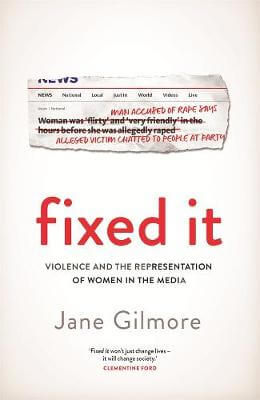
Fixed it: Violence and the representation of women in the media
Jane Scerri
Read Review
Western Sydney University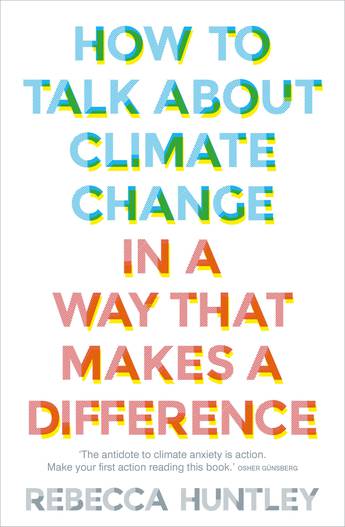
How to talk about climate change in a way that makes a difference
Myra Gurney
Read Review
Western Sydney University

